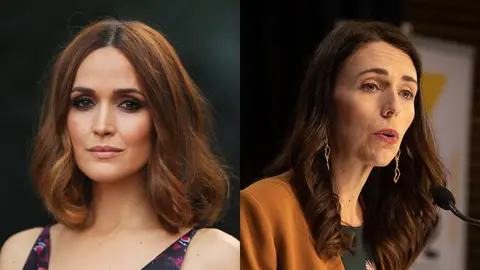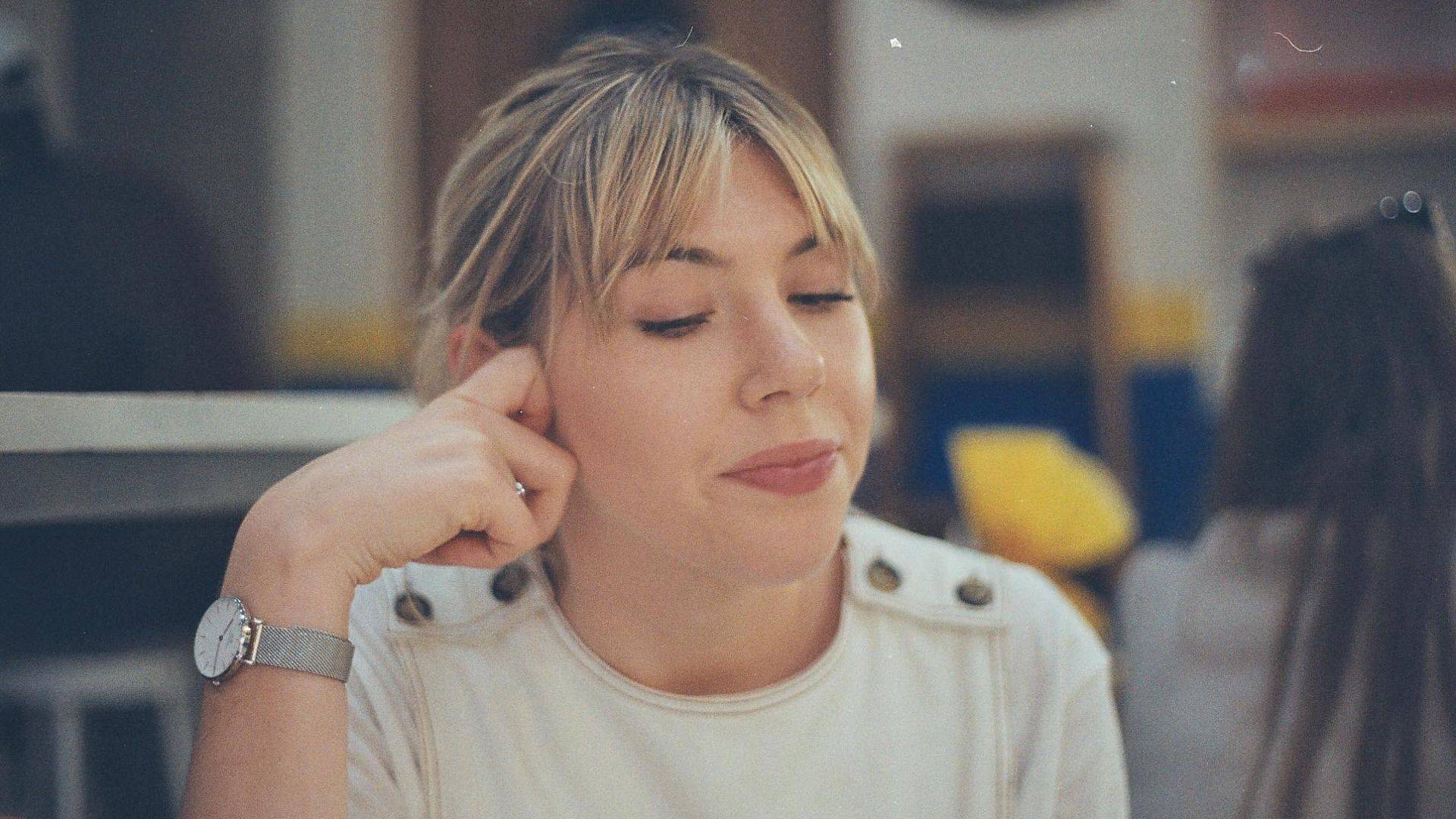Even By Hollywood Standards, 'They Are Us’ Is A Hard Sell

When Hollywood announces they will be making a film based on a real story it’s usually met with one of three responses: a chorus of praise from industry bootlickers, a flurry of public interest or straight-up loathing. Falling into the third camp was news of the upcoming film They Are Us, chronicling New Zealand Prime Minister Jacinda Ardern’s response to the 2019 Christchurch shootings and the young leader's stoicism in the face of white supremacist terror. With Australian actor Rose Byrne slated to play Ardern, the film has inspired a 73,000-person strong (and growing) petition to #shutitdown. (Not to mention calls to cancel the film from the New Zealand Human Rights Commission.)
Muslims and non-Muslims took alike to social media after the movie was announced, and it wasn’t long before #theyareusshutdown was trending. The film’s writer, Andrew Niccol (also a Kiwi) best known for Gattaca and The Truman Show – described the film to The Hollywood Reporter as “not so much about the attack but the response to the attack”. Niccol says he already wrote the script in consultation with some victims of the shooting. Noting that the two year anniversary of the attacks only just passed, it's fair to say that while the devil works hard; Hollywood works harder. So if the film is already well under way in the development side of things, it begs the question: when did these filmmakers approach the victims’ families?
Guled Mire, a New Zealand Muslim advocate who condemned Islamophobia and white supremacy on live New Zealand television just 24 hours after the March 15 attack, has led the charge on social media to axe the “terrible film”; claiming that producers approached people as soon as three months after the attack.
“It’s only been two years,” Mire tells MTV Australia. “They are vultures for approaching victims' families who are still grieving. Who does that?” Mire also criticises the timing of announcement of the film: it coincides with the recent terror attack in Canada that left four members of a Muslim family dead after a white supremacist mowed them down in his truck, and the release of Muslim Actor Riz Ahmed’s damning study that revealed a disproportionately negative depiction of Muslim characters on screen. The study uncovered a new low for Hollywood; finding one-third of Muslim characters are perpetrators of violence and more than a half are victims. Surprise, surprise.
Luul Ibrahim, the sister of the youngest victim of the attack, Mucad Ibrahim who was only three years old, told MTV Australia that her family were only contacted after the announcement. “If the youngest victims’ families are being contacted now then who else has been left out?” she says. A joint statement by victims' families was released last week calling for the film to be put to a stop.
For Luul, the idea of filmmakers wishing to capture the incident was inevitable, given the public’s appetite for films based on real-life events. And while Luul is not opposed per se to people knowing what happened, she isn't sure that They Are Us is the right way to spread the word.
“It is important to raise awareness. I just don’t exactly know what this film is trying to do. It is still raw and we are still grieving.”
That's the question on everybody’s lips. What is this film trying to do?
In centring on a white person in a story about the murder of 51 of Muslim people, what exactly is Niccol's intention? Progressive as she may be, Jacinda Ardern is still a white woman; and someone who has never experienced Islamophobia. Thankfully, even she has openly criticised the filmmakers’ choice to focus on her. “In my view, which is a personal view, it feels very soon and very raw for New Zealand,” Ardern told local news media TVNZ, adding that “while there are so many stories that should be told at some point, I don’t consider mine to be one of them.” After 51 Muslim people who died because of the attacks, this is one case of whitewashing that is particularly hard to swallow.
“It is a white saviour film where Muslims are used as props, while the star of the film is the Prime Minister's character. This is not the representation Muslims want or need”, Mire explained. He also notes the irony of casting white Australian actor Rose Byrne. “It’s ironic that a white Australian woman [Rose Byrne] is cast as the hero in a movie where a white Australian man is the villain”. The mind boggles.
Yep, as much as Australia likes to avoid from the elephant in the room – that the Christchurch shooter was a radicalised Australian white man – the rise of right-wing extremism is a real concern for security agencies globally, especially here in Australia where a third of all domestic investigations conducted by the Australian Security Intelligence Agency (ASIO) are focused on right-wing extremists.
But despite all of the controversy around They Are Us, including an NZ-based producer for the film calling it quits and the Mayor of Christchurch telling film crew they are not welcome in the city, the film has found some supporters. There are some victims and their families who have consulted with the production and the Muslim Association of Canterbury (MAC) released a joint statement with producer Ayman Jamal to clear the air.
The statement released by Jamal is nothing short of chaotic. In one instance he says two of Christchurch Imams agreed to the film, yet shortly after one of them refuted the claims Jamal attempts to deflect criticism of the focus on the NZ PM’s story arc by saying “there is no one hero in this film”.
Although the statement’s intention was to clarify, Mire believes that it was a “double down” that offered no clarity and added to the confusion. “Just because MAC support the films doesn’t mean we all do,” he says. “Muslims are not a monolithic group. We are diverse and all have a difference of opinions. The majority do not want this film to go ahead.”
The fight to block They Are Us raises urgent issues about exploring complex and traumatic events on screen. Whether these calls will be heard is another question entirely.
MTV Australia contacted the NZ Film Commission for comment. They did not reply to us at the time of publication.
Written by Najma Sambul, a Somali-Australian writer from Melbourne. On the internet as @najsambul.





